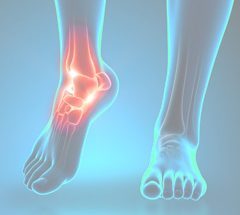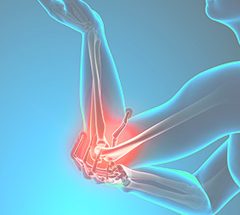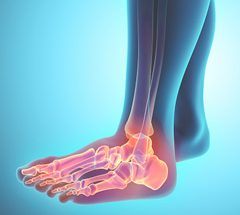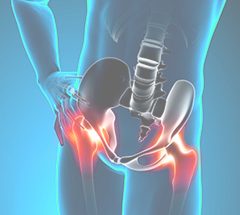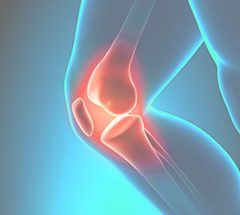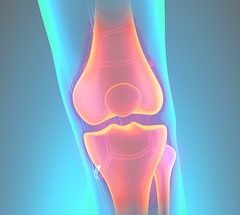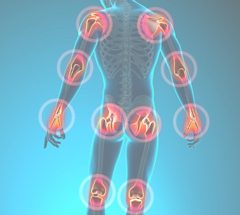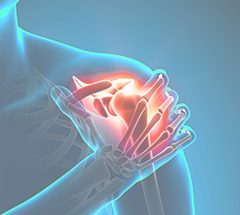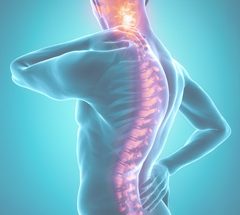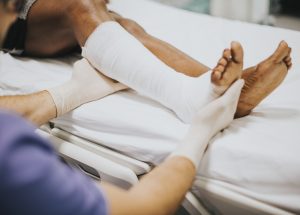Herniated Discs
Caused by normal wear and tear of the spine, herniated discs in the back can often be managed without surgery.
Your spine is made up of 33 vertebrae. The discs between your vertebrae allow your spine to be flexible. They are made up of two types of cartilage, an inner and an outer part. The outer part of your discs is comprised of tough layers of cartilage. The inner part of your discs is made up of cartilage that is more “jelly-like.” This inner cartilage acts as a shock absorber.
What causes a herniated disc?
If the outer cartilage develops a tear, the inner “jelly-like” cartilage can then squeeze out of the disc. If this disc material pushes on your nerves, you can experience severe pain down your leg. This is often called sciatica or radiculopathy. The tears are typically caused by degeneration of the discs (wear and tear). Patients will often describe the onset of their symptoms after they were lifting something and/or twisting.
Signs and symptoms
In addition to pain, pressure on nerves from a disc herniation can also cause numbness, tingling, burning, and weakness in your leg. Extremely large herniations can compress your nerves causing bowel and bladder problems as well as numbness in your groin. This is called cauda equina and is a medical emergency. If you experience bowel and/or bladder problems or have numbness in your groin, you should seek medical attention immediately.
Diagnosis
The diagnosis is first suspected when a patient complains of pain radiating from their back or buttock down their leg. Patients will also commonly complain of numbness, tingling, and burning down their leg. They may also have muscle weakness. After a detailed examination, the diagnosis is confirmed with an MRI of the lumbar spine.
Treatment
Luckily most disc herniations do not require surgery because your body can naturally absorb the herniated disc. Therefore, many patients can initially be treated with pain management, physical therapy, and activity modification. For patients with more severe or persistent symptoms, they may benefit from anepidural spinal injection. Patients with very severe pain and those who do not achieve long-lasting pain relief from injections may be candidates for surgery.
The procedure we use to remove the herniated disc is performed through a minimally invasive approach. Patients are able to go home the same day as the procedure.





